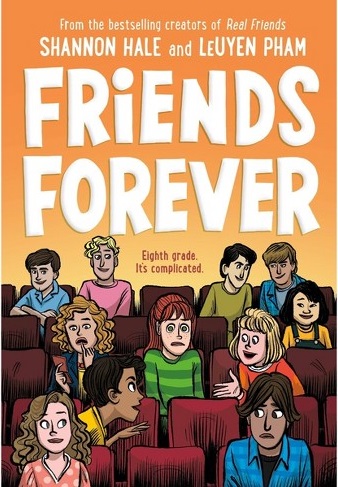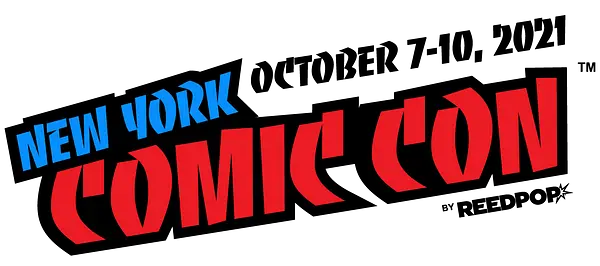“Graphic Novels as Resources for Kids Dealing with Anxiety” was one of the panels I attended at NYCC 2021. The panelists consisted of several authors, such as Shannon Hale and LeUyen Pham (authors of Friends Forever), who have written graphic novels for adolescents. I was really hype for this panel as I work in the mental health field and also, I was one of those kids with anxiety that could have used the help in understanding it. Unfortunately, this panel honestly did not live up to my expectations.

My issue with the panel was primarily that it got really off topic. The moderator did nothing to make sure that it stayed on the topic of helping kids with anxiety and asked really basic questions, even if they didn’t have much to do with the topic. The questions that the audience asked (they didn’t have time to answer everyone’s questions, so I didn’t have a chance to talk) also did not relate to the topic. Somehow the topic became getting graphic novels into schools. While I think this is a great topic and it certainly is related, this was not the main topic at hand and I would have liked to hear more about using graphic novels as resources.
Despite that, the panelists were great. For the most part, they tried to bring the topic back to where it was supposed to be. Hale even talked about a traumatic event in her adolescence and how she put that into her book and it has helped some parents talk about similar situations with their kids. That was what the panel was supposed to be. The panel was supposed to focus on adolescent mental health in relation to graphic novels.
We all know and love graphic novels and comics for not only the escape it may provide from reality, but also the way we connect with the characters, and I think this is an important aspect that could have been in this panel. Ideally, it would not focus on just anxiety, but on adolescent mental health in general. Graphic novels could really help kids and teens in communicating their feelings and emotions and be used as a tool for adults to talk with them about it. As someone that had anxiety at a young age, I know I could have used it to talk with my parents about how I felt like characters in the books; it may have led to an earlier diagnosis and therefor, earlier help for me. Just think about all the other adolescents in similar situations. I think for the panelists, it would be a good idea to include not only authors and artists, but a professional in adolescent mental health as well. I would love to see this panel brought back and done in a way that really discusses and educates on adolescent mental health in relation to graphic novels because adolescent mental health is such an import issue.
Anna
anna@comicattack.net


